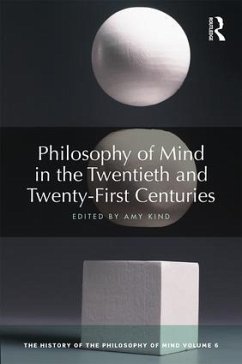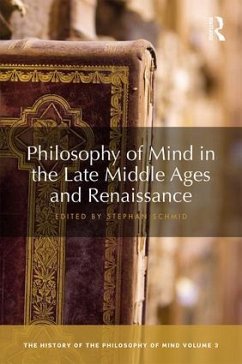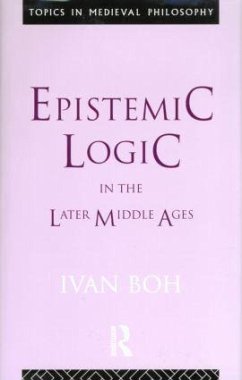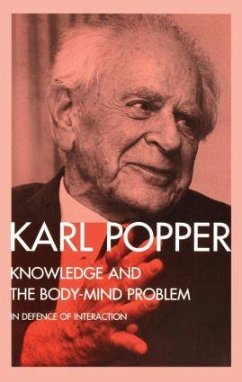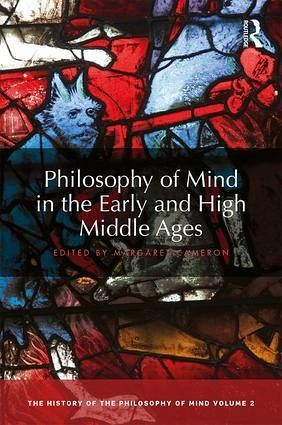
Philosophy of Mind in the Early and High Middle Ages
The History of the Philosophy of Mind, Volume 2
Herausgeber: Cameron, Margaret
Versandkostenfrei!
Versandfertig in 1-2 Wochen
168,99 €
inkl. MwSt.
Weitere Ausgaben:

PAYBACK Punkte
84 °P sammeln!
Philosophy of Mind in the Early and High Middle Ages provides an outstanding overview to a tumultuous 900-year period of discovery, innovation, and intellectual controversy that began with the Roman senator Boethius (c480-524) and concluded with the Franciscan theologian and philosopher John Duns Scotus (c1266-1308). Relatively neglected in philosophy of mind, this volume highlights the importance of philosophers such as Abelard, Duns Scotus, and the Persian philosopher and polymath Avicenna to the history of philosophy of mind.




